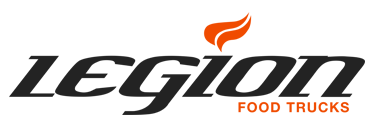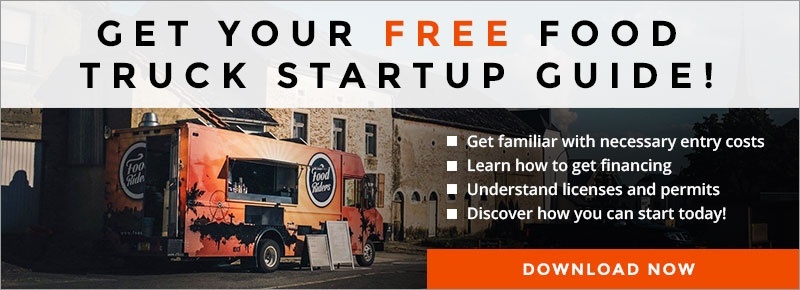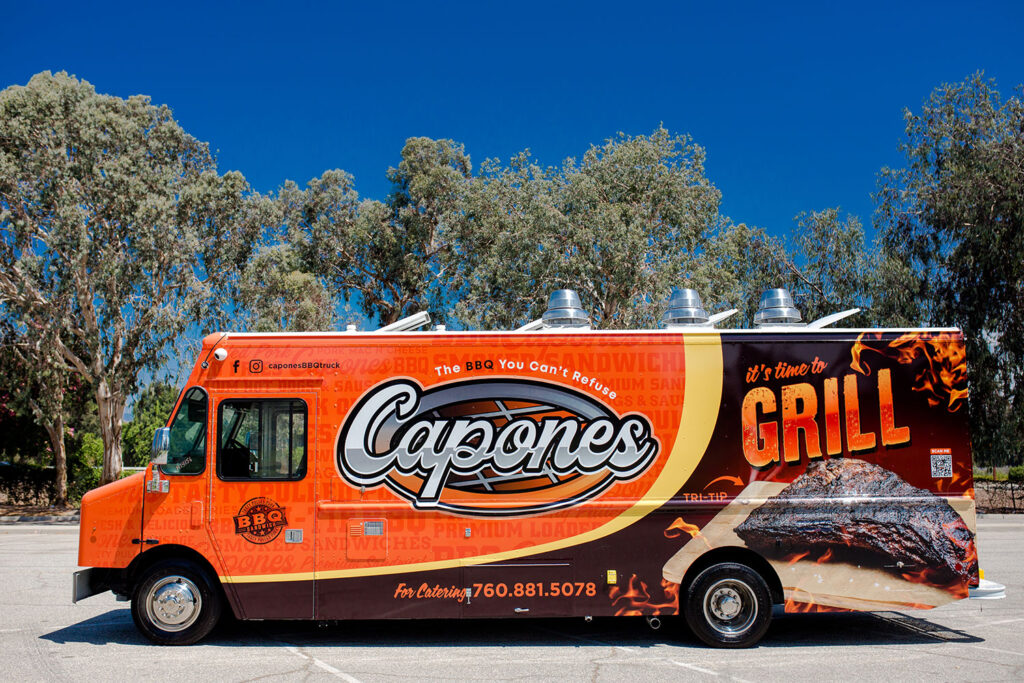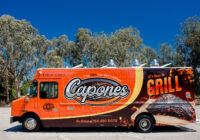Building a new custom food truck is a great way to satisfy the entrepreneurial spirit, but buying a ready-made food truck business can do just as well. It’s also necessary to learn how to value a food truck business to apply for financing or sell it to investors. We’ll cover the most essential aspects of valuing not just the food truck and kitchen assets, but the whole business that comes with it.
To Begin: The Truck
There isn’t exactly a Kelly Blue Book of food trucks, so food truck valuation involves somewhat custom calculations. Start with the cost of only the food truck, whenever it was purchased, plus any costs of upgrades. Next, deduct its depreciated value.
This is done through the “amortization” process for calculating depreciation, done as follows:
- Estimate the truck’s total usage period
- Divide the truck’s original value, plus any upgrades, by the estimated usage period for the amount of depreciation per year
- Multiply the annual depreciation amount (step 2) by the number of years the truck’s been used
- Deduct the total depreciation amount (step 3) from the truck’s original value (including any upgrades)
What remains is the truck’s current value. The formula is:
(Original value + upgrades) – (# years used * [original value + upgrades] / # years expected))
For a $100,000 truck with no upgrades, a 10-year usage period, and about 3 years of use, the calculation would be $100,000 – (3 years * (100,000 / 10)), which puts the food truck’s current value at $70,000.
Next, apply the same process for the kitchen appliances and related equipment. The reason it’s done separately is that kitchen equipment and heavy trucks have different amortization periods – around 12 and 6 years, respectively.
Next: The Business
The food truck’s proven revenue-generating potential is an equally important factor in learning how to value a food truck business. There’s no one-size-fits-all calculation here, but generally, determine the following key performance indicators (KPIs) and other measures of success:
- Total or average sales figures
- Profit margin (selling price – inventory costs)
- Total revenue (sales and other income sources – operational expenses)
- Sponsorship deals (worth exact dollar amounts)
Also consider the less tangible factors that provide value to a food truck business, but either can’t be calculated or can only be roughly estimated. These include:
- Social media accounts and followings
- Transferrable permits and licenses
- Other value-adding contracts (e.g., vendor deals, premium siting during events, etc.)
- Sponsorships (without exact amounts)
- Any successful, ongoing promotional efforts
Beyond even estimated values, you’ll want to note any factors that significantly impact the food truck business’s value. This may include whether the truck is a staple at weekly events, less-frequent festivals with larger crowds, and so on. Whether the business caters to a specific niche of people is also an important consideration.
High-Value Food Truck Operator Support
At Legion Food Truck, we know how to pull every element together to make a successful, immediately valuable food truck business. From the truck build to the administrative work and even ongoing guidance, we’re committed to the success of our bold food truck entrepreneurs.
Still wondering how to value a food truck business and start making a profit? Contact us, and start with an already valuable food truck business from the get-go.








